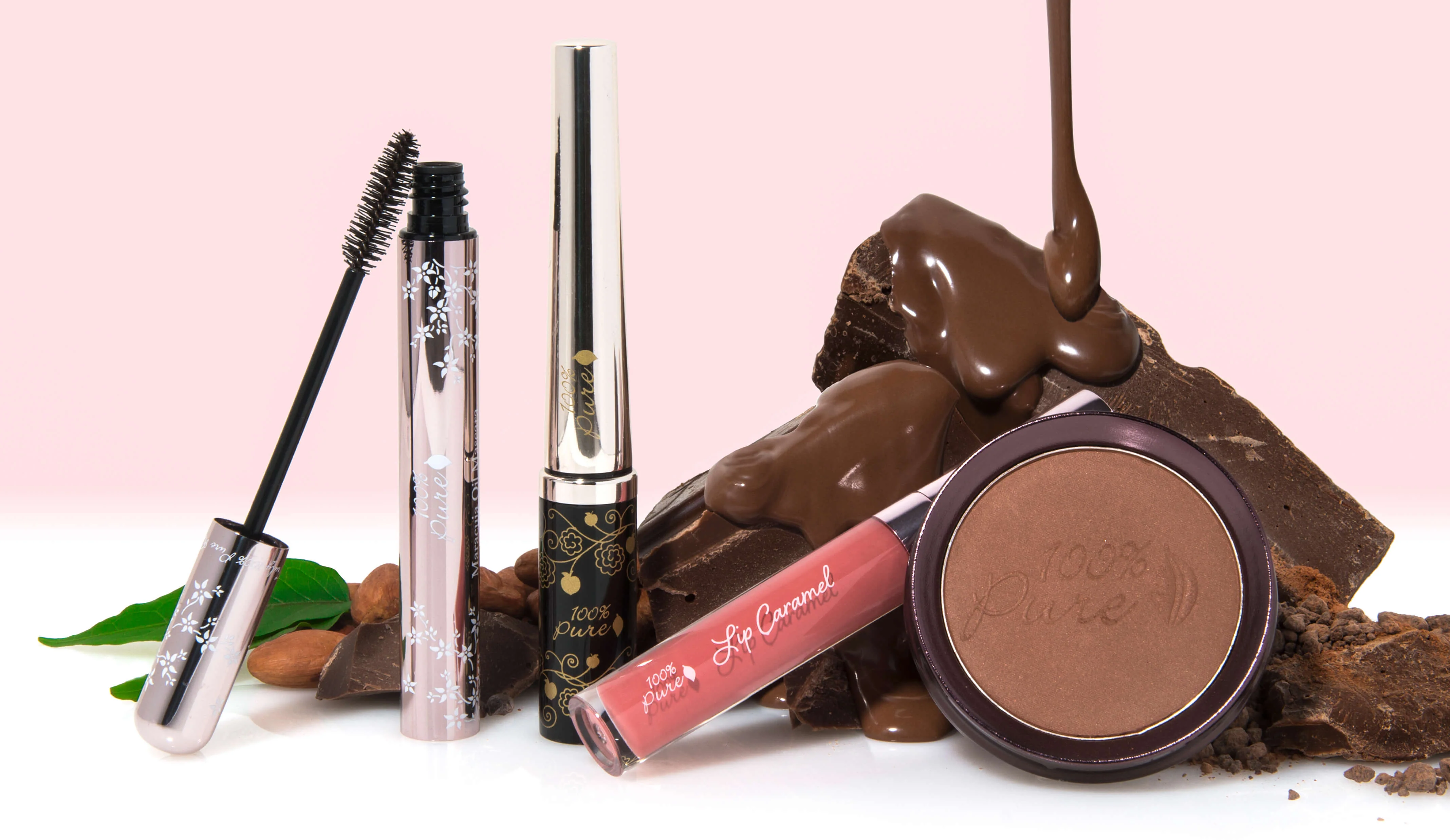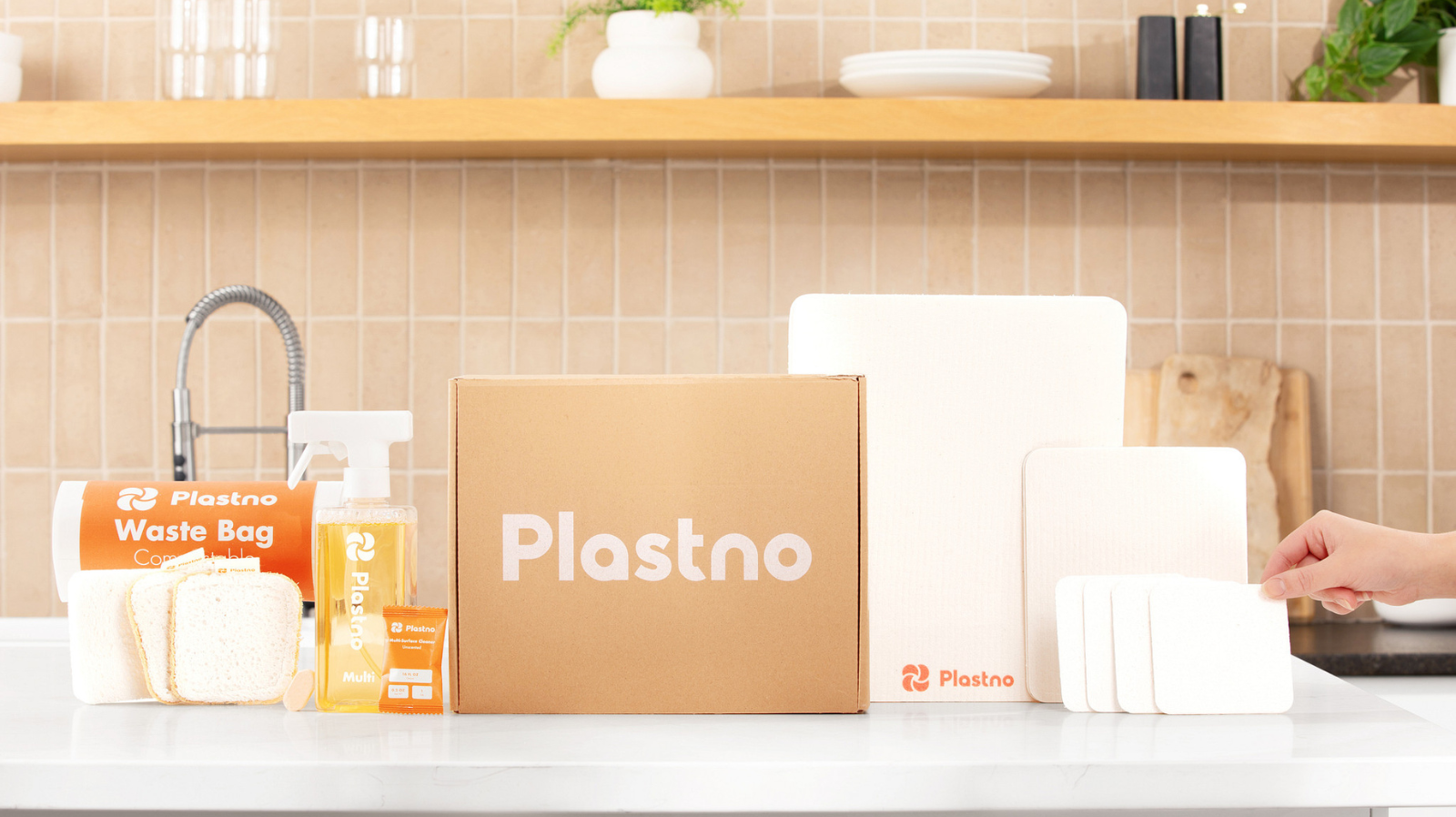Our Top Picks
Green Hive is reader-supported. When you purchase through links on our site, we may earn an affiliate commission. To understand our thorough approach to rating brands and products, explore our comprehensive methodology.
Our Top Picks
Green Hive is reader-supported. When you purchase through links on our site, we may earn an affiliate commission. To understand our thorough approach to rating brands and products, explore our comprehensive methodology.
Key takeaways
- Traditional textile production typically involves the use of harmful chemicals.
- OEKO-TEX is a certification body that verifies the safety of textiles and leather products.
- There are different OEKO TEX certifications available to brands, retailers, and traders.
Introduction
When you're shopping for new clothes, you want to make sure that they're safe for you and your family to wear. But with so many different brands and labels to choose from, it can be hard to know where to start. That's where OEKO-TEX comes in. OEKO-TEX is an independent testing and certification system that verifies the safety of textiles and leather products. Their standards are some of the strictest in the world, and they test for a wide range of harmful substances, including heavy metals, pesticides, and formaldehyde.
Importance of sustainability in the textile supply chain
Textile is an ever-present part of modern man. We use and come in contact with several forms of textile on a daily basis. This is why sustainable textile production is of paramount importance due to its significant impact on various aspects of our society and the environment. Here are some key reasons why sustainability matters in the textile industry.
Environmental conservation
Traditional textile production processes are resource-intensive, consuming vast amounts of water, energy, and chemicals and generating substantial waste and pollution. The textile industry produces 1.2 billion tonnes of CO2 equivalent (CO2e) annually, which is more emissions than maritime shipping and international flights. Sustainable practices focus on minimizing these impacts, reducing water usage, energy consumption, and waste generation, and adopting eco-friendly materials and production methods. This helps conserve natural resources, protect ecosystems, and combat climate change.
Reduction of harmful substances
Conventional textile production often involves the use of harmful chemicals, including pesticides, dyes, and finishing agents. These chemicals can pose health risks to workers, nearby communities, and end-users of textile products. Sustainable textile production prioritizes the use of non-toxic and eco-friendly alternatives, safeguarding the health and well-being of humans.
Social responsibility
Sustainable production encompasses fair labor practices, ensuring safe working conditions, fair wages, and workers' rights. By supporting socially responsible brands, consumers can help combat exploitative labor practices in the industry and promote better working conditions for textile workers worldwide.
What is OEKO-TEX?
OEKO-TEX is a globally recognized independent certification system for textiles and textile-related products. Established in 1992 by the Austrian Textile Research Institute (OETI) and the German Hohenstein Institute, its primary goal is to ensure that textile products are safe for human health and environmentally friendly.
The OEKO-TEX certification process involves rigorous testing and evaluation of textile products, including raw materials, intermediate and end products, as well as the production processes used. The testing criteria are updated regularly to account for the latest scientific findings and regulatory requirements. The certification is applicable to all stages of the textile supply chain, from fiber production to the finished product.
OEKO-TEX standards and labels
Textiles aren’t created equal. Hence, the OEKO-TEX certification comes in different standards and labels to address various aspects of safety, sustainability, and social responsibility. This diversity allows consumers and manufacturers to make informed choices, ensuring that the textiles they produce, purchase, or use meet the specific requirements aligned with their values and priorities. Let's explore the range of OEKO-TEX standards and labels and understand the unique benefits they offer in promoting a safer and more sustainable textile industry.
OEKO-TEX Standard 100
The OEKO-TEX Standard 100 is a globally recognized certification that ensures textiles and textile products are free from harmful substances and chemicals that could pose risks to human health. It was developed by the International OEKO-TEX Association, an independent organization consisting of 18 research and testing institutes across the world. The primary objective of this standard is to protect consumers from potential health hazards associated with textile products.

The OEKO-TEX Standard 100 certification involves testing and evaluation of all components of the textile product, including the raw materials, intermediate products, and the finished item. The testing criteria cover a wide range of substances, including harmful chemicals, allergens, carcinogens, and heavy metals. The standard prohibits the use of any substances that are known to be hazardous to human health or pose a risk to the environment.
OEKO-TEX Made in Green
The OEKO-TEX Made in Green certification is a special certification that goes beyond the standard product safety requirements. Introduced in response to the growing demand for sustainable and socially responsible textiles, this label focuses not only on product safety but also on the transparency and eco-friendliness of the entire textile supply chain.

When a product carries the OEKO-TEX Made in Green label, it means that it has been tested and certified to be free from harmful substances, as per the OEKO-TEX Standard 100. Additionally, it signifies that the textile has been produced using environmentally friendly and socially responsible practices.
OEKO-TEX Organic Cotton

This certification certifies that the textile bearing it was made without the use of GMOs and tested for pesticides and other harmful substances like banned azo colorants, pentachlorophenol, per- and polyfluoroalkyl substances (PFAS).
OEKO-TEX Leather Standard
The OEKO-TEX Leather Standard is a globally harmonized, independent testing and certification system for leather and leather goods at all production levels, including accessory materials. The certification supports companies along the supply chain with the implementation of high human-ecological product safety.

This means that any product that carries the OEKO-TEX Leather Standard label has successfully passed a test for chemicals that are harmful to health. Under this OEKO TEX label, leather and leather articles from all processing levels (finished and semi-finished) can be certified.
The OEKO-TEX STeP Certification
The OEKO-TEX STeP certification is an independent standard that evaluates and recognizes sustainable practices in textile and leather production facilities. It assesses environmental performance, chemical management, social responsibility, and quality management to promote eco-friendly, socially responsible, and economically viable operations.

Obtaining the STeP certification demonstrates a facility's commitment to sustainability, enhances supply chain transparency, improves efficiency, and provides a competitive advantage in the market. Products that are produced in STeP-certified facilities are labeled with the OEKO-TEX® STeP label. This label is a guarantee that the product has been produced in a sustainable and socially responsible way.
OEKO-TEX Eco Passport
The OEKO-TEX Eco Passport is a certification system that evaluates the safety of chemicals used in the production of textiles and leather materials. It ensures that chemicals, such as dyes, pigments, and auxiliaries, meet specific ecological and toxicological criteria and do not pose risks to human health or the environment.

Manufacturers of chemicals submit their products to OEKO-TEX for extensive testing and assessment. The evaluation covers various aspects, including potential hazardous substances, biodegradability, and potential for environmental contamination. Only chemicals that meet the strict requirements are granted the OEKO-TEX Eco Passport certification.
This certification provides confidence to brands, manufacturers, and consumers that the chemicals used in textile and leather production are safe and environmentally friendly. By choosing products with the OEKO-TEX Eco Passport label, consumers can support companies committed to using chemical substances that adhere to stringent ecological and health standards, contributing to a safer and more sustainable textile industry.
OEKO-TEX Responsible Business
OEKO-TEX RESPONSIBLE BUSINESS is an independent certification system for brands, brand groups, retailers, and traders of the textile and leather industry. It is a modular certification that assesses due diligence obligations in two consecutive steps:

- Self-assessment: This step allows companies to evaluate their status quo with respect to the upcoming legal due diligence requirements.
- Audit: This step is conducted by an independent auditor and assesses the company's implementation of due diligence measures.
What are the alternatives to the OEKO TEX standard?
While the OEKO-TEX standard is one of the most recognized and comprehensive certification systems for textiles and related products, there are several other eco-labels and certifications that focus on sustainability, safety, and ethical practices in the textile industry. Some other independent certification bodies include:
Global Organic Textile Standard (GOTS)
GOTS is a leading certification for organic textiles, ensuring that the entire production process, from harvesting the raw materials to manufacturing and labeling, meets strict environmental and social criteria. It prohibits the use of harmful chemicals and promotes sustainable and socially responsible practices.
Bluesign
The Bluesign system evaluates the environmental and health impacts of chemicals used in textile production. It assesses the entire production chain, from raw materials to end products, to ensure sustainable practices, resource efficiency, and worker safety.
Textile Exchange Standards
Textile Exchange offers various standards that promote sustainable practices in the textile industry, such as the Organic Content Standard (OCS) for organic materials and the Responsible Down Standard (RDS) for responsible sourcing of down feathers.
EU Ecolabel
The EU Ecolabel certifies textiles that meet strict environmental and performance criteria, considering the entire product lifecycle from raw materials to disposal.
FAQs
Does OEKO-TEX mean non-toxic?
Yes, the OEKO-TEX certification system ensures that textile products are non-toxic by subjecting them to rigorous testing for harmful substances. OEKO-TEX Standard 100 sets specific limits for toxic chemicals, allergens, carcinogens, and heavy metals in textiles, and only products that meet these criteria receive the certification. As a result, OEKO-TEX-certified textiles are considered safe and free from harmful substances, providing consumers with confidence in the products they purchase.
What chemicals are banned in OEKO-TEX?
The specific list of banned chemicals in OEKO-TEX varies, but common restrictions include harmful azo dyes, formaldehyde, heavy metals, phthalates, chlorinated phenols, flame retardants, and certain perfluorinated compounds (PFCs). OEKO-TEX aims to ensure textiles are free from harmful substances that could pose health risks.
Is OEKO-TEX trustworthy?
Yes, OEKO-TEX is trustworthy and plays a significant role in promoting sustainable textiles for a sustainable future. Its rigorous certification process ensures that textiles are free from harmful substances, contributing to safer and eco-friendly products that align with consumer values and environmental concerns.
Does OEKO-TEX mean sustainable?
OEKO-TEX does not specifically mean sustainable. While OEKO-TEX plays a crucial role in promoting sustainable practices within the textile industry, the certification itself does not solely imply sustainability. The primary focus of OEKO-TEX is on ensuring that textile products are free from harmful substances and chemicals that could be hazardous to human health.
Does OEKO-TEX test for pesticides?
Yes, OEKO-TEX tests for toxic substances, including pesticides, in textiles to ensure product safety.
Conclusions
In conclusion, the OEKO-TEX certification system stands as a beacon of trust and credibility in the textile industry, championing sustainable and safe products. Through its rigorous testing and evaluation processes, OEKO-TEX ensures that textiles are free from harmful substances, promoting consumer well-being and environmental protection. Moreover, with certifications like OEKO-TEX Made in Green and OEKO-TEX STeP, it extends its commitment to transparency and eco-friendliness for a more transparent value creation chain. As consumer awareness and demand for sustainable textiles continue to grow, OEKO-TEX plays a pivotal role in driving positive change, paving the way for a more responsible and transparent textile industry and a brighter, sustainable future.
The price of fast fashion. (2018). Nature Climate Change, 8(1), 1. https://doi.org/10.1038/s41558-017-0058-9
Wilson, J. (2022). Toxic Textiles: The Chemicals in Our Clothing. Earth Day. https://www.earthday.org/toxic-textiles-the-chemicals-in-our-clothing

.png)


















.png)
.png)



.svg)
